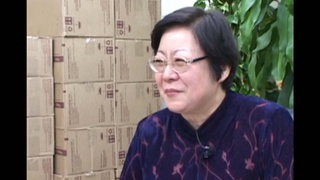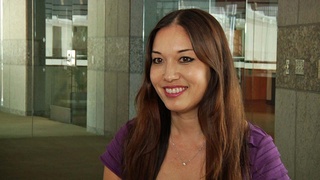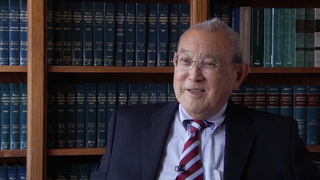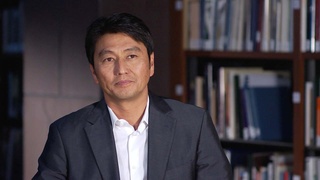Entrevistas
(Japanese) My children’s education
(Japanese) My dreams came to a sudden end when the war finished, and all I was left with was restless anger and pitifulness. I did not want my children to ever have to experience those feelings. So, I told them they should go in whatever direction they liked. To put it in a positive light, you could say I let them live freely, but I also think it was terribly irresponsible of me as their father.
I had had a hard time with English; for my daughters, though, education was in English, so the issue was how to keep them from forgetting Japanese. In order to do that, we, of course, enrolled them in public school and took them to Japanese school afterward.
Like I said before, though, I had to look after my parents who had lost everything and help pay for schooling for my little sister and brother, so my number one priority was earning money. I had a responsibility to save up money and send it to Japan. Well, I wouldn’t say a responsibility, but I felt like I had to do it. So, I had nowhere near enough time to take my children to Japanese school. At one point, I was working three jobs seven days a week. When I consider my children’s point of view, I think I was a very bad father.
Eventually, though, I heard that Maryknoll School taught Japanese, so I enrolled my children there. However, it was a Catholic school, and, as you might expect, tuition was high. That hurt.
Data: January 31, 2012
Localização Geográfica: California, US
Entrevistado: John Esaki, Yoko Nishimura
País: Watase Media Arts Center, Japanese American National Museum










